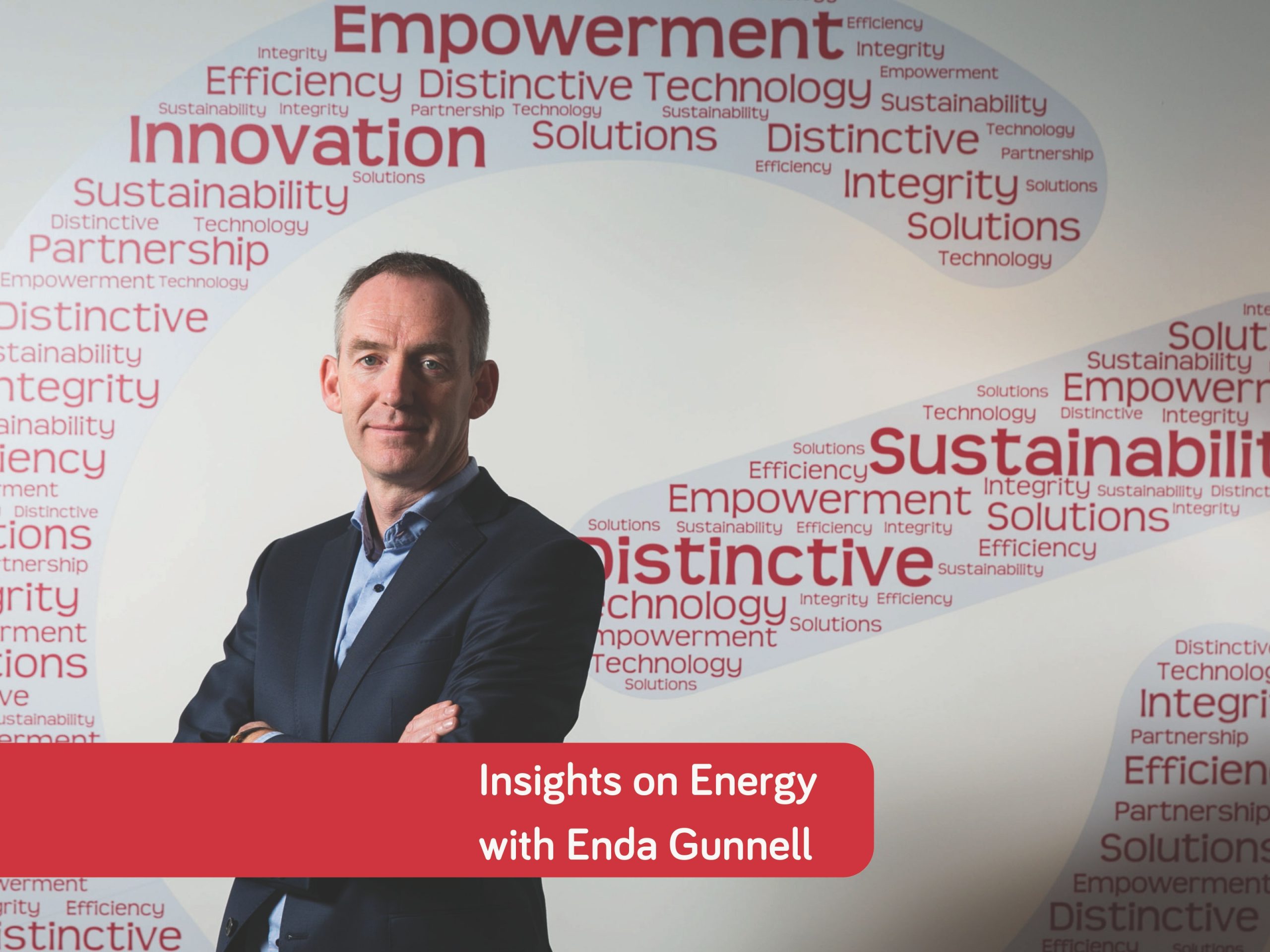Low carbon is a leadership issue for all business..not just the energy sector
This morning, I was delighted to be invited by PwC to attend the launch of the Inaugural Report on the BITCI Low Carbon Pledge, presented by PwC in their offices.
The report provides an excellent snapshot of progress to date on the pledge by 47 leading businesses in Ireland to reduce their carbon emission by 50% by 2030. The ambition and commitment of the 47 companies is to be commended and they are taking a leadership role in setting the standards for the business community in Ireland. It is great that bodies like BITCI take a lead in setting the agenda.
The headline summary of a 42% reduction in carbon emissions of 6.6 million tonnes (6.6MtCO2e) in the period from baseline (various dates selected by the participants) to 2018 is impressive when measured against the programme objective of 50% by 2030. This equates to a reduction in carbon intensity across the pledge companies of 36%.
I strongly agree with the conclusions that while the commitment of the 47 is significant. They are all significant businesses and employers. However, there are over 250,000 commercial enterprises (Corporates, SMEs, Farms etc) in Ireland. We now need to extend the number and range of businesses embedding decarbonisation and sustainability policies and actions in their core business strategies. This is particularly important when one looks beyond the headline numbers.
The data from the report shows that 97% of the carbon reductions from the Baseline (6.4MtCO2e of 6.6MtCO2e) have come from the Energy & Utilities sector, who have been actively engaged in the decarbonisation agenda as part of the ETS (Emissions Trading Scheme) commitments, probably since 2005.
This number is so significant it dwarfs the overall headlines and shows that while progress has been made across the other sectors, much more needs to be done. The pledge involves a commitment to report annually and, in my opinion future reports, should separate the ETS and non-ETS Sectors.
The above comment is not in any way to diminish the efforts of the ETS Sector or those pledge companies in the Non-ETS Sector, but rather to highlight the amount of work on sustainability and decarbonisation that needs to be done by all of us in enterprise.

The case study companies are to be commended and their experiences are insightful and should prove to be inspirational to other businesses. We support the report recommendations from our perspective in the market as an energy supplier working with commercial customers to reduce their energy consumption.
I’m glad to see the following insights emerging:
- A key plank of a decarbonisation strategy is monitoring, measurement and reporting
- Certified Green Electricity will reduce the Scope 2 carbon (based on energy inputs to your business) and while some of the pledge companies have done this, it is available to all (and we are happy to provide)
- The need for certification and data recording and measurement is vital and we can contribute to this through our PINERGY Smart Business offering
- Decarbonisation is a senior management issue and leadership needs to come from this group, even when it comes down to deciding who should supply your business energy needs. It shouldn’t just a lone finance function task to find the lowest cost per kWh.
- The technology to become energy efficient and decarbonise is out there. LED lighting, Heat Pumps, Solar PV and Electric Vehicles are all very accessible technologies today. It requires capital and as the Minister alluded to innovative solutions around funding have to be found in the market.
- Not only is investing in decarbonisation a sound business decision – it is also the right thing to do
The 47 businesses who have signed up should be applauded and they will have an impact. They have put their heads above the parapet and as a group have made progress. Switching to renewables energy is the just the starting point of being a zero-carbon enterprise, not the end of the journey. For me the hard work begins now.
Let’s join them because we all have a role to play in creating a sustainable energy future. I’ll be signing the pledge today. Will your business?


